F1 has failed to deliver an exciting race at the Circuit de Monaco in far too long, resulting in an increasing number of calls from some fans for the historic venue to be dropped from the calendar.
Being a confined street circuit, there is little F1 can do to make adjustments to the track layout to offer the drivers more overtaking opportunities.
The pinnacle of single-seater motorsport heads to Monaco next month, in what will likely be another unfortunate precession. However, in the world of Formula E, the all-electric series has shown that Monaco remains one of the most thrilling circuits in the world.
Yes, Formula E's current era of cars may remain 17 seconds slower on a hot lap compared to F1, but the racing more than makes up for that. Formula E originally used a shortened version of the famous venue but has used the traditional F1 layout for the past four seasons.
The last two have involved the Gen3 machinery, the most advanced Formula E car to-date, that is until the Gen3 Evo is introduced next season.
Last weekend, 197 overtakes took place during the race attended by thousands, with the packed grandstands being the same ones used for when F1 shows up.
Mitch Evans won the race in just over 58 minutes, whilst last season's Monaco Grand Prix which featured just 22 overtakes – the most since 2011 – was won by Max Verstappen in almost 1hr 49mins.
To put this into some more context, during Formula E's race last weekend in Monaco, there was an overtake every 17.6 seconds. In the 2023 Monaco GP, there was an overtake every 296.86 seconds.
Below is a table consisting of the number of overtakes each category has had at Monaco every year since moving to their current regulations (Gen3 was introduced in 2023).
Number of overtakes at Monaco
| Year | F1 | Formula E |
|---|---|---|
| 2022 | 12 | Gen2 |
| 2023 | 22 | 116 |
| 2024 | ? | 197 |
There are, obviously, some significant differences in the current F1 and Formula E machinery in terms of powertrain and power, but the key details in why overtaking at Monaco is so possible for the all-electric series can be found in the smaller details.
Unlike in F1, Formula E uses all-weather road tyres, meaning the drivers have significantly lower grip than F1. Formula E cars also have much less downforce, making following easier.
Perhaps the biggest difference though, is the size of the cars. A Gen3 Formula E car is 5.0162m long and 1.7m wide. In F1, the cars currently have a maximum length of 5.63m and a maximum width of 2m.
Based on the stats, Monaco has not outgrown F1, F1 has outgrown Monaco. Whilst Monaco qualifying is exhilarating in F1, it does appear that the key to exciting racing at the legendary venue is to introduce shorter and thinner cars in the future.
What is staggering is that Formula E races are continuing to display an increasing number of overtakes despite the sport speeding up, in fact, the Gen3 Evo which will be introduced next season will become the fastest accelerating FIA single-seater.
Next year's Formula E car will go from 0-60 mph in 1.82 secs, 30% faster than the current generation of F1 cars. This is also not a simulated figure, with it having actually been achieved in testing.
To summarise, Monaco is the crown jewel which should forever hold a place on the F1 calendar, but if the series wants the event to consist of more overtakes in years to come, then significant changes are needed to the technical regulations.
Don't miss out on any of the Formula 1 action thanks to this handy 2026 F1 calendar that can be easily loaded into your smartphone or PC.
Download the calenderMost read
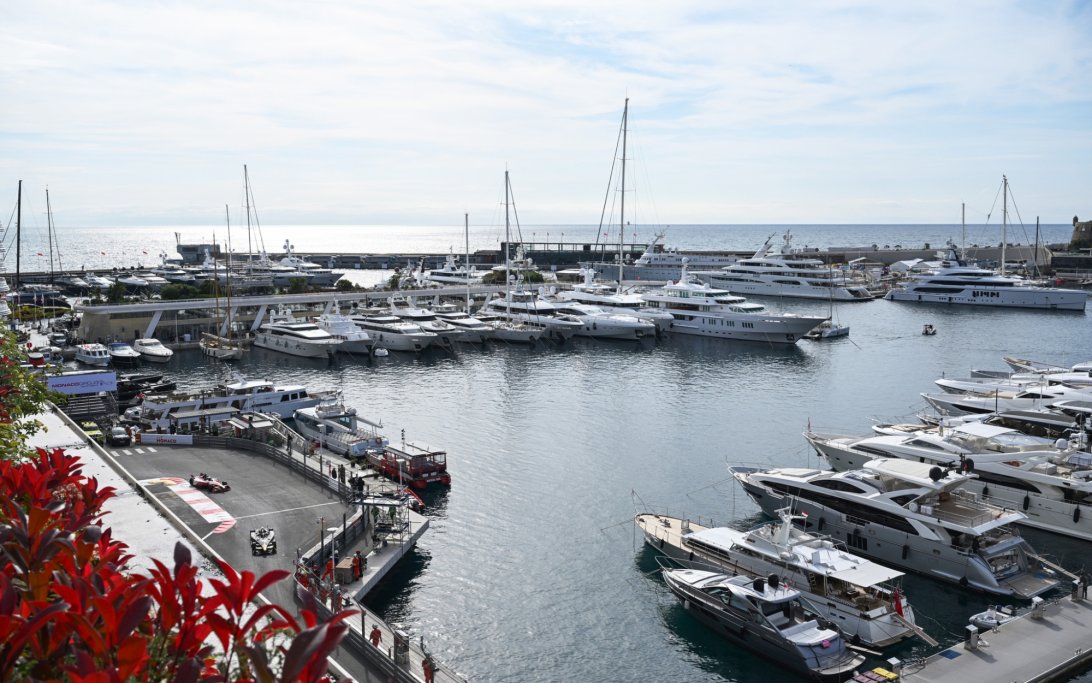
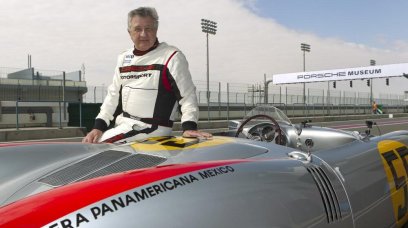
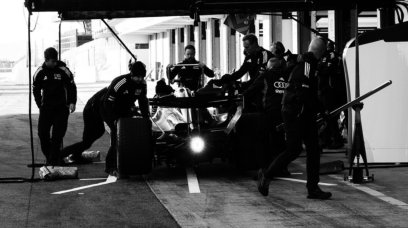


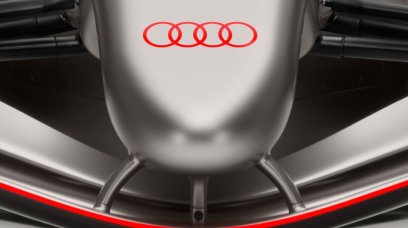
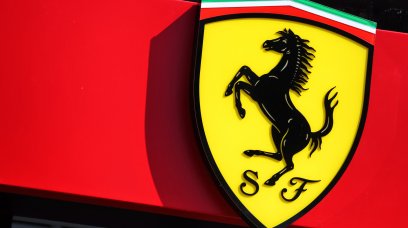
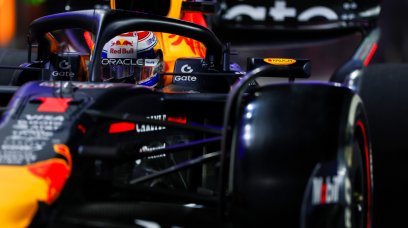
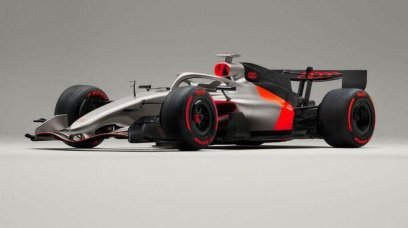

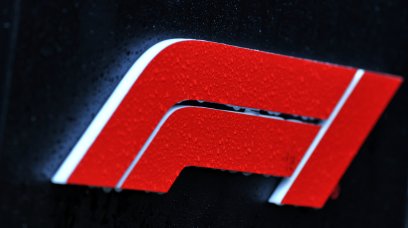
Join the conversation!